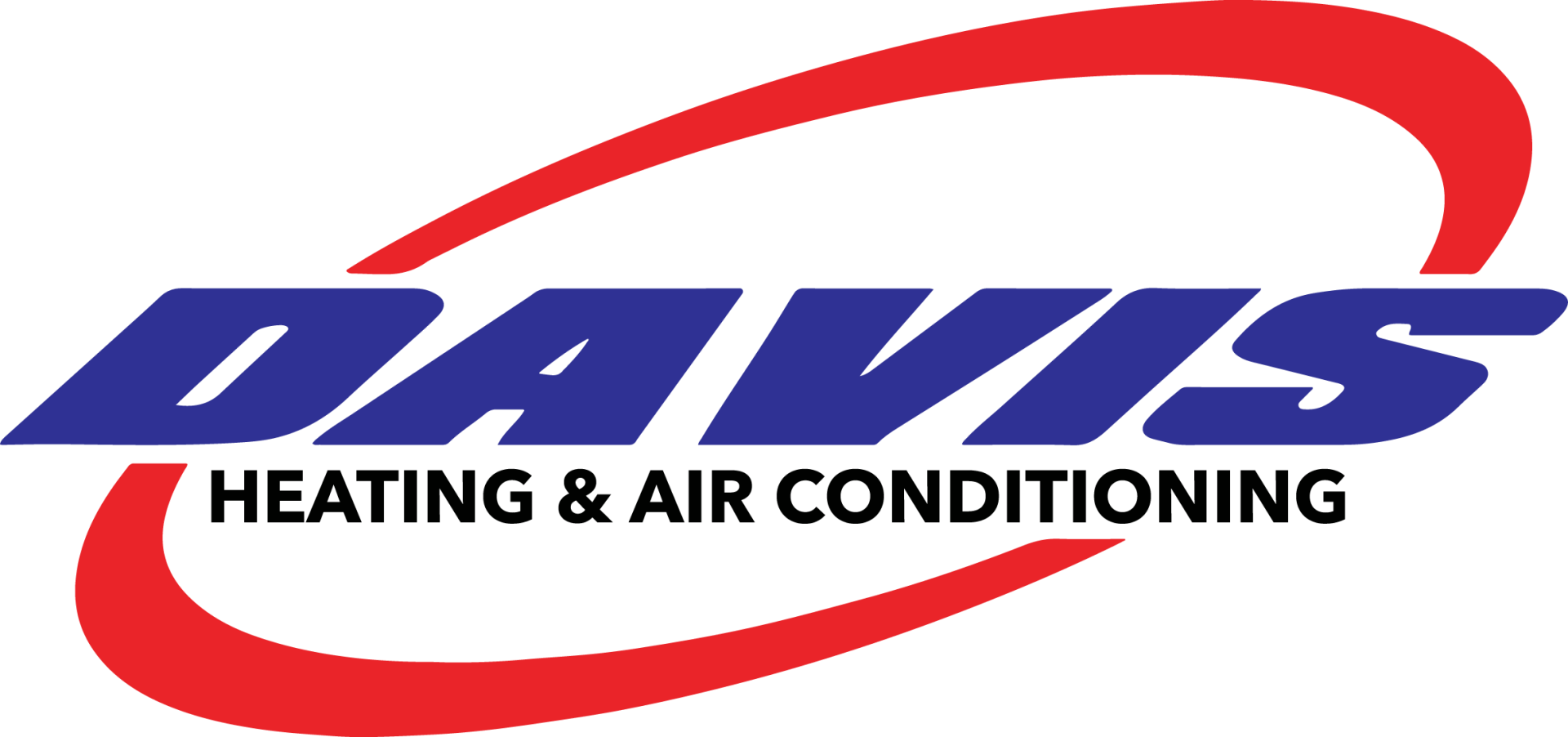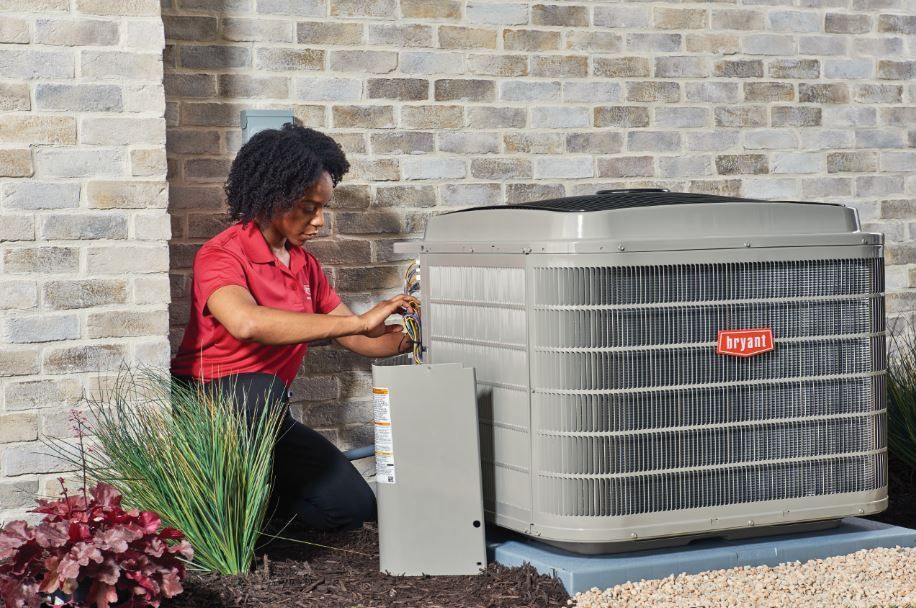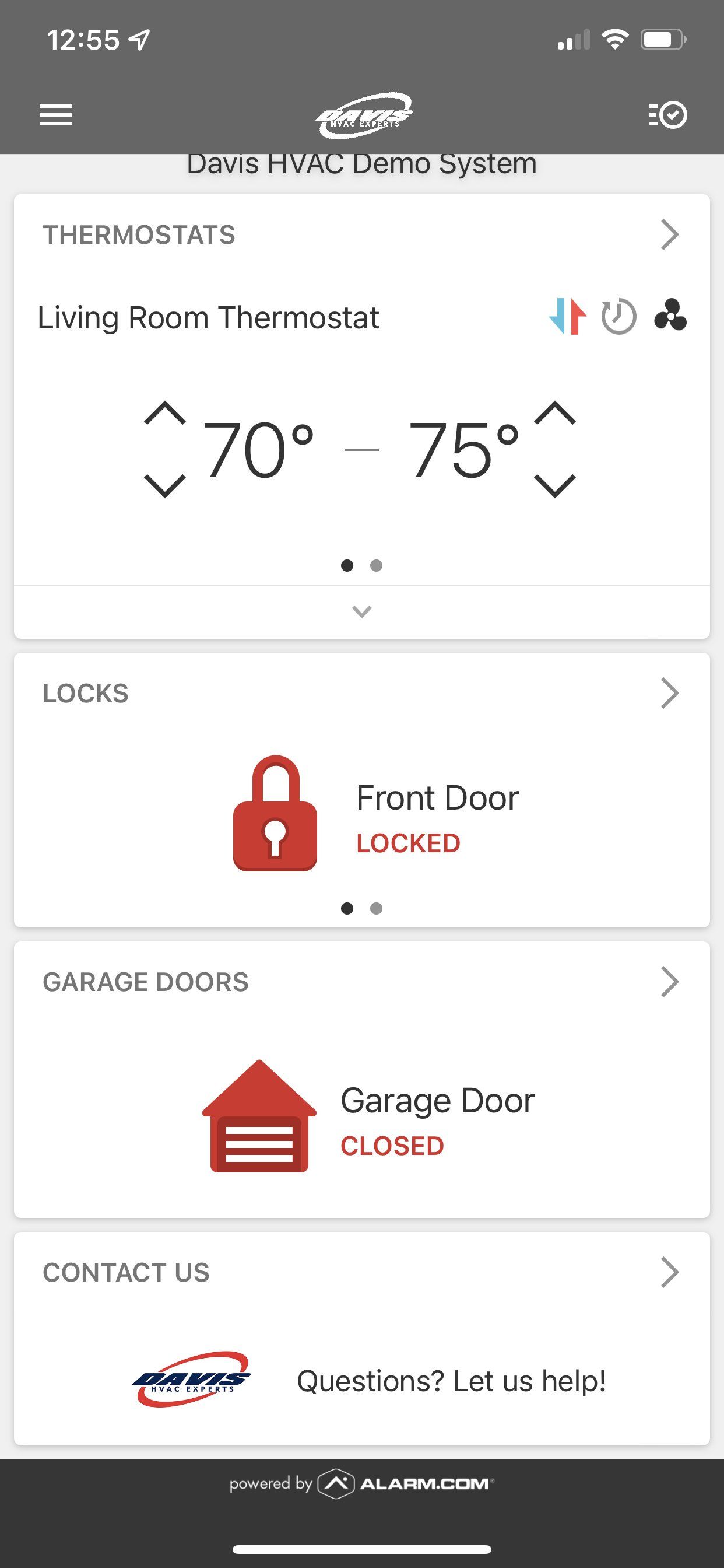Davis HVAC Experts Blog

25 Apr, 2024
What is a SEER Rating? Seasonal Energy Efficiency Ratio (SEER) ratings are pivotal for home or business owners looking to maximize their HVAC systems. SEER ratings range from 13-22 depending on the HVAC unit brand. A higher SEER number denotes greater efficiency in cooling or heating, directly impacting energy use and expenses.

29 Feb, 2024
As a third-generation, locally-owned business, our top priority is to provide our customers with hassle-free heating and air conditioning services. Being a family-owned operation means our clients are treated as an extension of our family. We know how important it is to have functioning and reliable HVAC for your home or business. We pride ourselves on being honest, affordable, and quick. We believe in transparent communication, ensuring our clients are well-informed about the services they need. Whether it's a routine maintenance check, a sudden repair, or a comprehensive HVAC installation, our experienced technicians provide honest assessments and recommendations tailored to your specific residential or commercial HVAC needs. At Davis HVAC, we prioritize accessible heating and cooling services for every household and business in the Somerset area. That’s why our pricing is transparent, competitive, and set to provide the best value for your investment to ensure quality service doesn't mean a hefty price tag. We understand the urgency heating and air conditioning issues can pose, especially during extreme weather conditions. We are dedicated to prompt response times, ensuring that your comfort and indoor air quality is restored without unnecessary delays. From emergency repairs to scheduled maintenance, we prioritize your needs and deliver swift solutions. Call us today for a free quote, and let us help you make sure your HVAC system is ready for the season ahead.

17 Oct, 2022
HVAC Terms and Meanings Deciding which HVAC (Heating Ventilation and Air Conditioning) system is one of one of the most important, and expensive, decisions a homeowner will make. There are so many acronyms involved, it can probably seem like a foreign language when trying to pick which product and company to move forward with. A little bit of understanding can go a long way in making the right decision. Hopefully the information below, can help you to better understand what you are looking at when comparing systems to one another! Types of Systems Split System A split system has one unit inside the home and one outside. This setup can consist of a furnace and air conditioner, an air handler and heat pump, or a furnace and heat pump. Which configuration is best for your home will depend largely on where you live and what fuel sources you have access to. Dual Fuel System These systems include an electric heat pump that works in conjunction with a furnace. In milder times of the year like the spring and fall, the heat pump heats the home. During weather that's too cold for a heat pump to operate effectively, the furnace takes over. This type of system saves money because it typically costs less to heat the home with a heat pump than a furnace. Ductless Mini-Split A ductless mini-split system has an outdoor unit that contains the compressor and condenser, and an indoor air handler mounted in the room that blows hot or cold air directly into the room. This type of system is usually best for small spaces like garages and workshops that don’t require a traditional split system. Ducted Mini Split A ducted mini-split system uses a mini-split outdoor heat pump with an air handler and traditional ductwork to heat and cool a home. These systems are a cost-effective way to get much higher efficiency at a much more affordable cost. Packaged System A packaged system contains the traditional components of a split system. However, all units are housed outside. This solution works best for homes that don’t have the space for a heating unit inside the home. Geothermal Heat Pumps Geothermal heat pumps basically work like every other heat pump, although a geothermal heat pump exchanges heat with the earth instead of the outdoor air. Outdoor air temperatures can vary greatly from day to night or from winter to summer, while the temperature just a few feet below the earth’s surface stays an average of fifty-seven degrees to seventy degrees Fahrenheit year-round which makes for an extremely efficient system. Single Stage vs Two-Stage vs Variable Speed Single Stage System The system is either 100% on or 100% off. These systems are typically the least expensive, but less efficient than multistage systems. Two Stage System The system still has the ability to be 100% on or off, but also gives the flexibility to operate at a second stage of much lower capacity and energy usage. This second stage typically operates at around 70% capacity. These systems are typically more efficient than a single stage system. Variable Speed System Variable speed systems are the most efficient and mean that your system can operate at virtually any capacity from around 25% to 100% depending on the demand needed at the given time. This precise usage keeps the temperature much more consistent while also pulling more humidity from the air and providing better air filtration. How is Efficiency Measured? BTU – British Thermal Unit The British Thermal Unit is a measure of the amount of heat required to raise one pound of water by one degree Fahrenheit. HVAC equipment size is measured in terms of BTUs. For example: a 3-ton heat pump would be 36,000 BTU. (1 Ton = 12,000 BTU) EER – Energy Efficiency Ratio This rating is a measurement of the energy efficiency of an air conditioner at a specific outdoor temperature (95 degrees F). SEER - Seasonal Energy Efficiency Ratio This rating used to describe the efficiency of an air conditioner over an entire season of varying temperatures. HSPF - Heating Seasonal Performance Factor This rating describes the efficiency of a heat pump over a heating season. AFUE – Annual Fuel Utilization Efficiency During the process of conversion of fuel into heat energy, some percentage of energy is always lost in conversion. AFUE measures the efficiency with which a fuel transforms into heat. Certifying the Ratings AHRI – Air-Conditioning, Heating, and Refrigeration Institute The organization maintains technical standards, certifies products, shares data, conducts research on HVAC equipment. AHRI Certificate The AHRI Product Performance Certification Program is a program, administered and governed by AHRI, which ensures that various types of heating, ventilation, air conditioning, refrigeration, and water heating products perform according to manufacturers' published claims. We always recommend requesting that an HVAC company provide you with an AHRI certificate to confirm that you are getting exactly what they told you. The relationship between higher efficiency ratings and cost is, in most cases, directly proportional. The additional upfront cost, however, can equate to substantial savings on monthly utility bills. At Davis HVAC Experts, we take our job very serious in helping you find balance and make the best, most informed, decision for your unique situation.
220 Enterprise Dr
Somerset, KY 42501
M-F 7:30 am to 5 pm
Closed Sat & Sun
© 2024
All Rights Reserved Davis HVAC Experts
Privacy Policy | Terms & Conditions | Website Powered by Bolt Marketing





